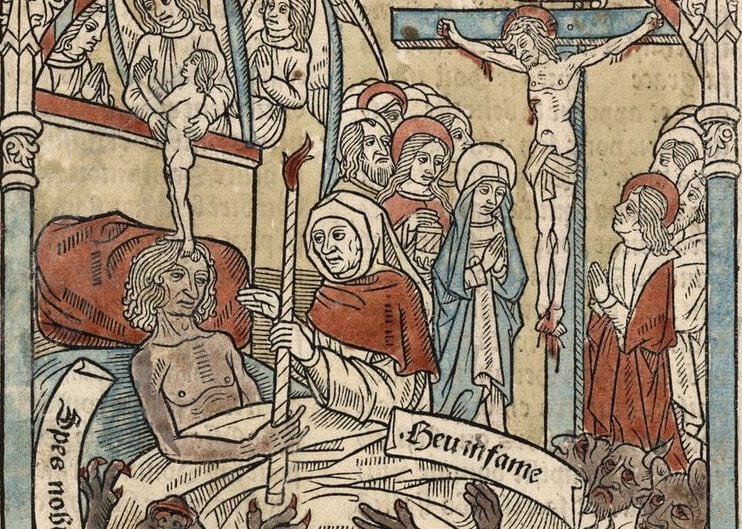Brewer Eberly and Ben Frush
Brewer Eberly is a third-generation family physician at the Fischer Clinic in Raleigh, NC and a McDonald Agape Fellow with the Theology, Medicine, & Culture Initiative at Duke Divinity School. Ben Frush is a hospice and palliative medicine fellow at UNC Chapel Hill and a rising McDonald Agape Fellow in Bioethics at Georgetown University. Brewer and Ben are both fellows of the Paul Ramsey Institute and the Theology, Medicine, & Culture Fellowship where they met as medical students. They have remained close friends and co-laborers ever since.
